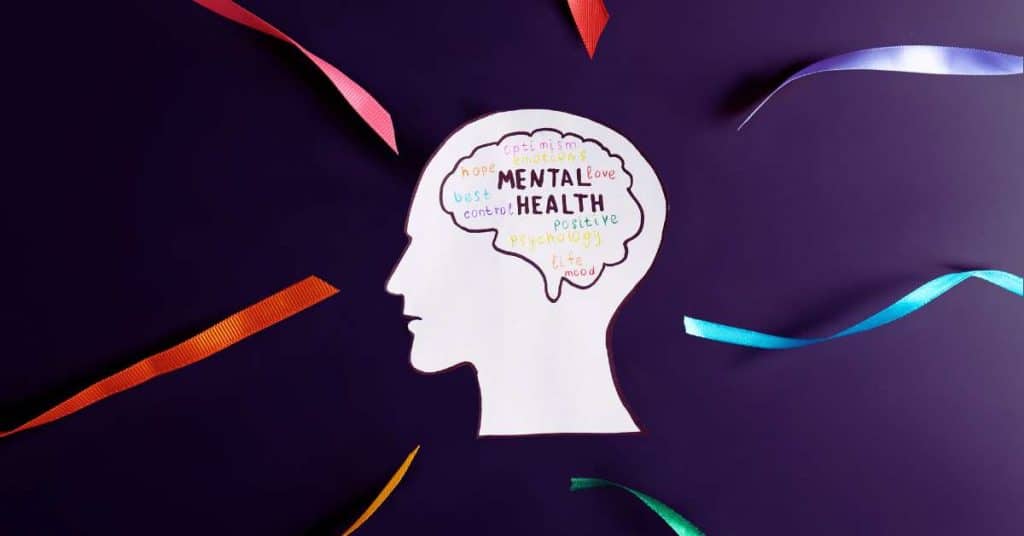
Relation between Exercise and mental health.
People of different ages are suffering from various health issues, including mental health. Several reasons can cause cognitive problems, like unhealthy diet plans and poor living style. A slight change in your daily routine can benefit your mental health.
What is the definition of proper mental health?
When someone is in a state of mental health, they can manage life’s typical stresses, work efficiently, keep happy relationships and give back to the community. Social, psychological and emotional well-being are all included in it, and it enables people to deal with life’s difficulties and complexities successfully. The best psychiatrist in Ludhiana offers you appropriate treatment.
What is the relationship between Exercise and mental health?
Numerous research studies have demonstrated the beneficial effects of physical activity on psychological well-being, establishing a well-established link between Exercise and mental health. Here are a few crucial facets of this partnership:
- Mood enhancement: Exercise has been demonstrated to trigger the release of endorphins, neurotransmitters that naturally elevate mood. Emotions like you and elation, as well as general well-being, may arise from this.
- Stress reduction: Exercise can help reduce stress by lowering stress chemicals like cortisol and adrenaline levels. Exercise offers a constructive way to release stored-up stress and aids in relaxing, making one feel more at ease.
- Better Sleep: Regular Exercise can help you get the higher-quality and longer sleep you need for general mental wellness. Enhancing the restorative processes that take place during sleep, physical activity helps minimize symptoms of insomnia, helps regulate circadian rhythms, and improves mood and cognitive function.
- Enhanced Self-Esteem: Regular Exercise and reaching fitness objectives can help people feel more confident and good about themselves. Physical activity offers prospects for individual development, proficiency, and accomplishment, resulting in a more optimistic self-concept and a feeling of success.
- Benefits for the Brain: Research has indicated that Exercise enhances mental clarity and cognitive performance. Physical activity can improve memory, attention, and general cognitive function by boosting blood flow to the brain, encouraging the development of new neurons, and strengthening synaptic plasticity.
- Social connection: Participating in outdoor activities, team sports, or group exercise can offer opportunities for social connection and community. Social connection and support play a significant protective role in mental health by lowering emotions and loneliness.
- Brain Chemical Balance: Exercise helps control the amounts of neurotransmitters in the brain that are involved in mood regulation, such as norepinephrine, dopamine, and serotonin. Regular Exercise can also balance these neurotransmitter systems.
Some advantages of Exercise for mental health.
Exercise has several benefits for mental health, including improved psychological functioning and an overall sense of well-being. Here are the main advantages:
- Decreased depressive symptoms: Research has demonstrated that regular Exercise reduces depressive symptoms by raising endorphin levels, which are neurotransmitters that enhance emotions of happiness and well-being.
- Anxiety Relief: Physical activity can help alleviate tension and anxiety by giving pent-up energy and stress a healthy outlet. Exercise facilitates a feeling of relaxation and serenity by encouraging the production of endorphins and other neurotransmitters that help quiet the nervous system.
- Stress management: Regulating Exercise helps enhance the body’s capacity to withstand stress by lowering its physiological reaction to stressors. Exercise helps handle everyday pressures by lowering cortisol levels, easing tense muscles, and encouraging relaxation.
- Improved sleep quality: Research has shown a connection between regular Exercise and longer, better-quality sleep. Exercise improves sleep hygiene and restores mental clarity by promoting relaxation, regulating circadian rhythms, and reducing insomnia symptoms.
- Enhanced self-esteem and confidence: Reaching fitness objectives and working out frequently can help people feel more confident and good about themselves. Engaging in physical activity can lead to personal growth, achievement, and mastery, improving one’s self-esteem and self-image.
Mental issues are prevalent, like stress, anxiety and depression. To treat mental problems, contact the best psychologist in Ludhiana at Manas Hospital.






